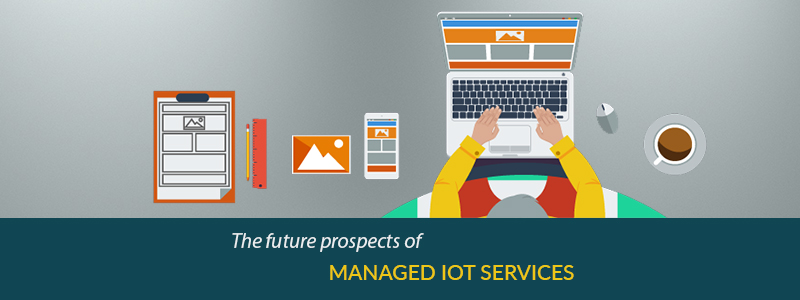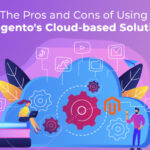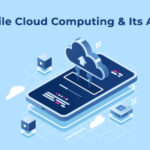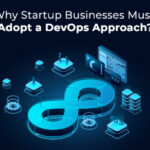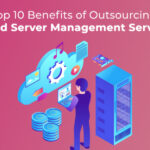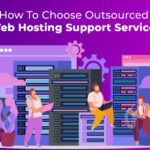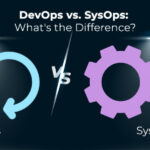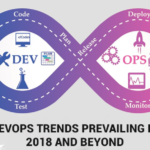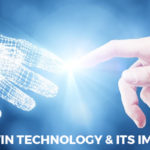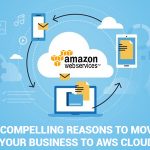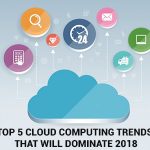IoT is Internet of Things , another buzzword that is making the rounds in the tech news, open source summits, university conventions and even economic forums. Everyone has heard about it, but not many are aware of its future prospects, the implications, how it promises to change the technological landscape or perhaps, how pervasive this technology can turn out be.
Alright, what is IoT? & How is it relevant to you now and in the near future?
Although the concept is not new, there is a lot of excitement and also a lot of hype built around this term. Many companies have joined the bandwagon to tap in the potential. It is also predicted to be disruptive, something that can and will change the way a connected world works. Given its future prospects, who would’ve thought that it existed as early as 1980s too? In fact, to be precise, one can trace its origin – back in the early 80s, when a group of programmers in the Carnegie Mellon University connected a coke machine to the internet to check the reorder level of coke cans.
Stripping all the complexities involved, to explain IoT in the layman terms, let us imagine an environment or a large network that encompass devices that are capable of connecting to a network (internet). We are talking about things that are embedded with electronics, software, sensors, actuators and network connectivity. It is about connecting anything and everything and facilitate communication between machines, collect and share information without human intervention. The endless range of products that will be part of an IoT environment, includes – microwave ovens, smart fridges, water dispensers, traffic lights etc., just to name a few. The opportunities and advantage, such an ecosystem provides, are huge. The best part is that this technology makes use of the existing network infrastructure to give rise to the likes of smart homes and smart cities. A study conducted by Gartner has predicted that by 2020 , 26 billion devices will be connected to the Internet. That is a huge volume!
The sheer amount of information transferred, collected and the intense data processing involved is expected to be colossal. The timing couldn’t be any more perfect as we are already in an era of the big data analytics and the business intelligence/analytics that make perfect sense and purpose of petabytes of complex, unstructured information.
So, what has changed for IoT in the recent years?
With advanced wireless and other communication technologies, and the advent of super-fast internet connections, it has become easier to connect consumer devices to the already existing network infrastructure that supports internet. In this day and age, more and more people can afford smartphones, smart gadgets and with the increasing wireless capabilities and sensors built into the devices, it has become easier to become a part of an inter-connected world.
How does IoT make things easy for the common man? & What is its impact on the technology landscape now, and in the near future?
This does seem something straight out of a science fiction novel where it can, some day, become possible to, may be, communicate wirelessly using minute ‘nanowires’ in our brain so as to literally share the intangibles such as experiences, feelings and even memories! A lot of inventions, we thought would be impossible, have been made possible. So, the line between the supposed possible and impossible is blurred these days.
But then, IoT is not just a term equivalent to something of a ‘magical’ nature that might have its implications in future. It actually works at many levels. We are talking about smart cities, intelligent systems that can crunch huge data and numbers to manage a city or town’s sewage & waste management system, water and energy supply. The industries this can usher in a lot of changes, are agriculture, healthcare, transportation, home appliances.
Smart Homes:
How about your smart fridge ordering a fresh carton of milk for you? Imagine you are returning home from work and you need to get groceries but have no clue what is in your fridge? A smart fridge, is such a case, can give you a peek into the list of items available, making your life smooth.
Energy/Waste & Sewage management:
Intelligent and automated management if energy usage, sewage and waste management can reap multiple advantages for any business or even, a household. You are n times better equipped to save energy and save environment. Using IoT, a lot of these functions/activities can be done with little or no human intervention. Resources are managed much more efficiently. So, there is a lot of take-away from this.
Agriculture:
The use of precision in agriculture can go a long way in helping the farmers and in turn, any country’s economy by performing major tasks such as detecting weather patterns, humidity levels and so on.
For example, just imagine the use of a sensor to check the water and moisture levels in the greenhouse and also the water dispenser. There can be a lot of such things to enable ‘smart agriculture’.

